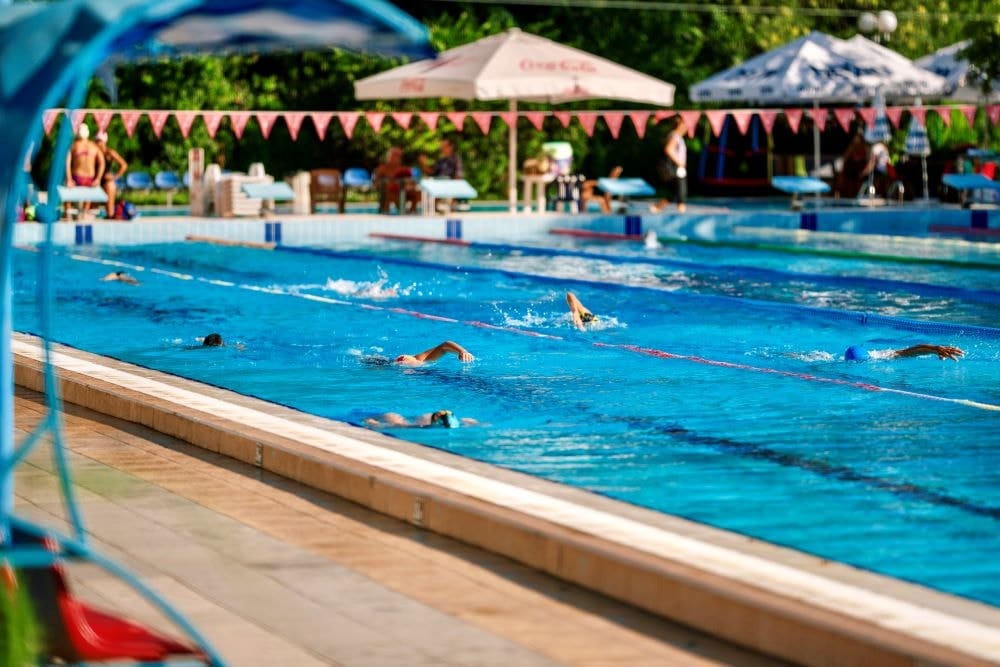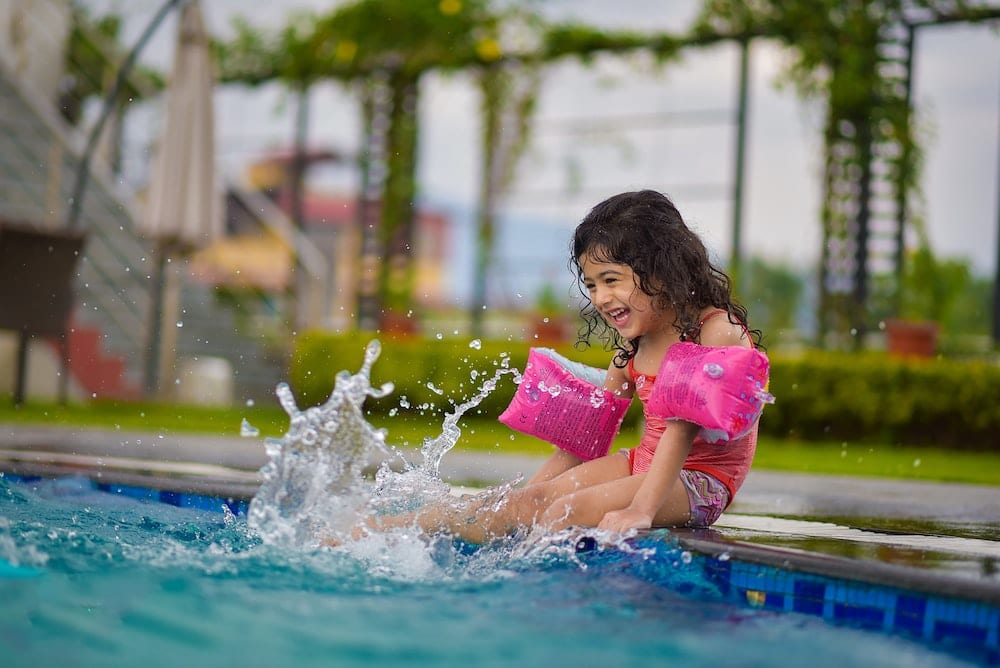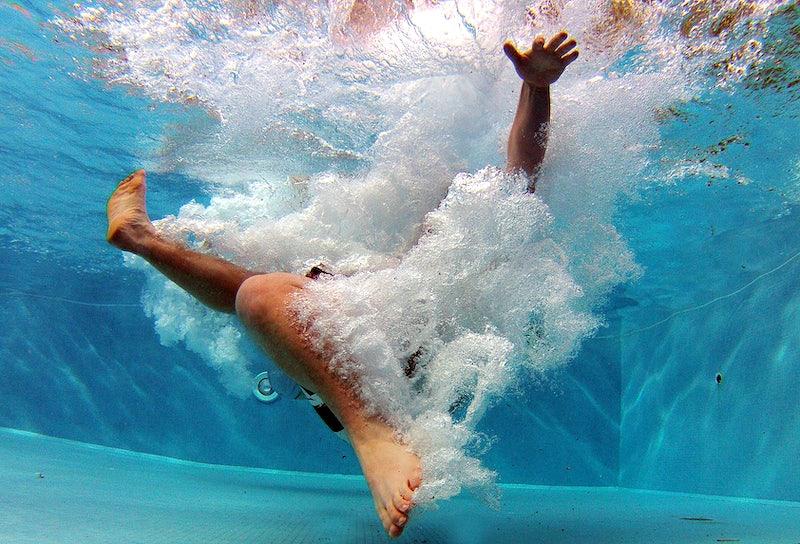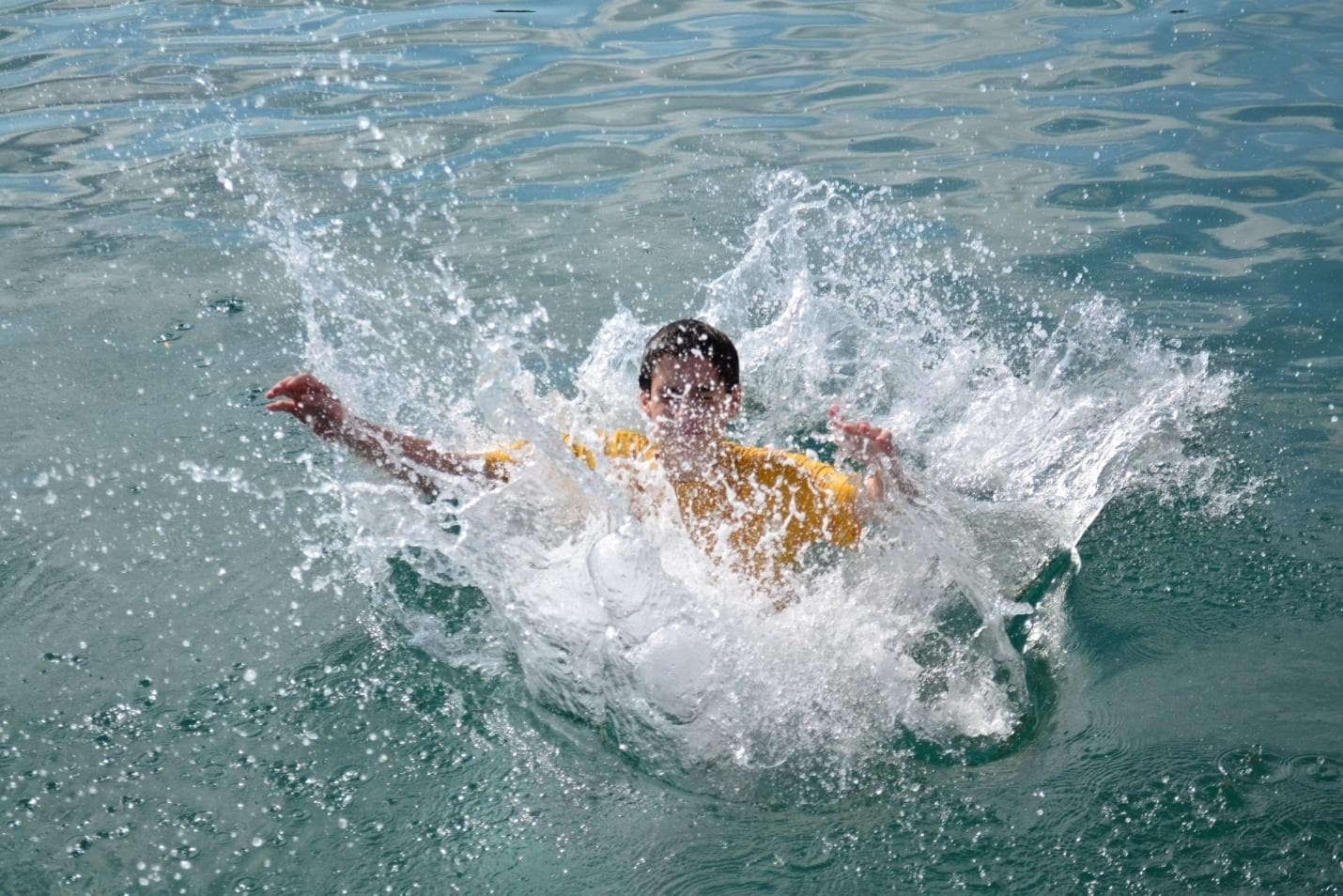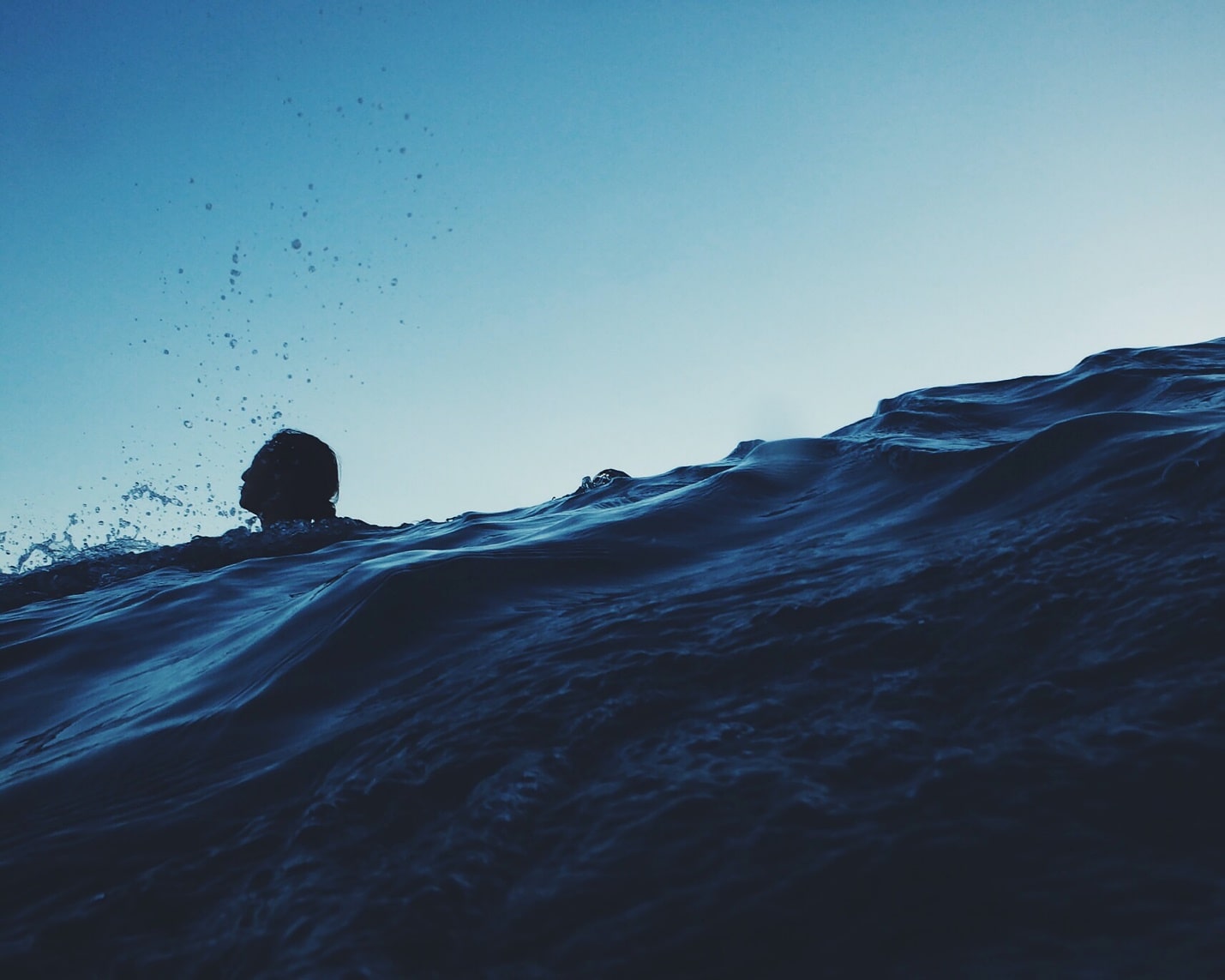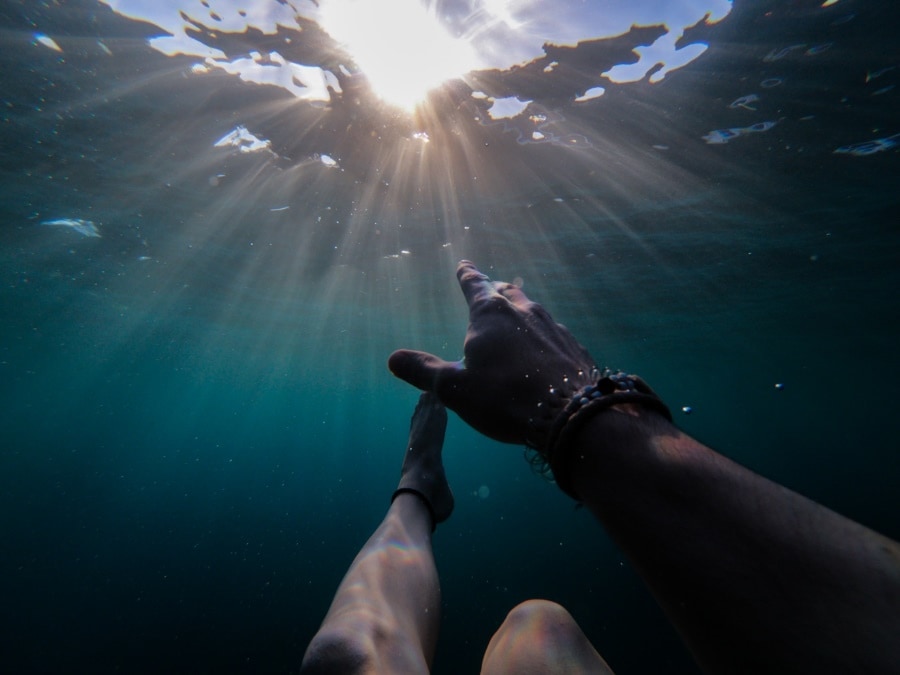You can have a beautiful and inviting swimming pool, but if it’s not safe, then you’ll be wasting your time. There are some basic safety items that you need to make sure are present for your pool to be considered safe for use by children and adults alike.
With swimming pool accidents on the rise, it is even more important to prioritize safety and limit problems in the pool. Below are five of the most important items that every residential swimming pool in Nevada should have:
Pool Cover
A pool cover is a safety device that covers the surface of your swimming pool when it’s not in use. Pool covers are designed to prevent children from falling into the water and animals and debris from entering the water. They also help keep heat in during colder months, which helps keep your energy costs down.
There are two main types of pool covers: automatic and manual (or “tarp”). Automatic covers can be opened with a remote control or timer so that you don’t have to get out of bed every morning just to open them up before you head off for work! Manual covers require manual labor on your part–but they’re usually much cheaper than their automatic counterparts, so if cost is an issue, this may be an option worth considering (if only because there are no batteries required).
When choosing a new cover for yourself, there are several factors worth considering before making any purchases: material type (vinyl vs polyester), thickness level (0-gauge vs 1 gauge), length/width measurements (#ft x #ft), weight capacity per square foot (#lbs per sq ft), and warranty length offered by the manufacturer.
Backflow Prevention Device and GFCI Outlets
A backflow prevention device is a device that prevents the backflow of water from the pool into the potable water system. It’s required by law to prevent contamination of the potable water system, which could lead to illness or even death if ingested by humans.
GFCI outlets are required for pools in Nevada, but they’re also useful for other electrical devices in your home. They’re a good idea to have around the house–and they’re available at home improvement stores.
A GFCI outlet will shut off power if there is a short, which prevents electric shock or electrocution by shutting off power to the circuit.
Planned Pool Stairs
Pool stairs are often an afterthought, but they should be planned and designed to prevent accidents. Pool owners should consider the following:
- Preventing drowning by making sure the pool is not accessible to children without adult supervision
- Preventing injury by having handrails on both sides of the steps and non-slip treads on each step
- Preventing falls by keeping potted plants or other objects off of stairways
Kids pool
All residential pools should have a kid’s pool to minimize the chances of injury that come with kids swimming in adult pools. The kid’s pool must be at least 3 feet deep and have a barrier around it that prevents children from falling into the main pool area. Additionally, the kid’s pool must be at least 5 feet away from any other structure or property line that is not owned by you, such as your neighbor’s fence or house wall.
Pool Light
Pool light is a must-have for any pool. The light should be installed at the shallow end of the pool, at least 5 feet above water line and away from other structures like fences or walls. Pool lights are typically solar-powered with battery backup to operate during power outages or when sunlight isn’t available due to inclement weather conditions such as rain or foggy days.
Outside Lights
Outside lights are essential to the safety of your pool and its surrounding area. If you have children or pets, outside lighting is necessary to ensure they can safely get in and out of the water at night. For adults and elderly people who may be visiting your home, it is important that they can see where they are going when entering or exiting the pool area.
Outside lighting should be bright enough so that no one walks into anything while walking around near your pool area at night.
Conclusion
The takeaway from this article is that safety should be a priority for both homeowners and pool owners in Nevada.
Pool owners are responsible for ensuring their pools are safe, but they can’t do it alone. They need to have the right tools and equipment in place and an experienced staff member who knows how to use them properly.
Homeowners should also be aware of the importance of safety when it comes to their own pools. While many people assume that a residential swimming pool doesn’t require much maintenance or upkeep, there are still some essential items that every homeowner needs on hand at all times–and these items should never be overlooked!
We at The Bourassa Law Group are here to manage all your legal troubles in the state of Nevada. Call us at (800)870-8910 and talk to our legal resource for directions.
